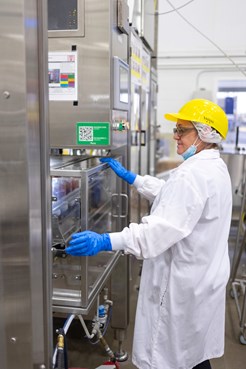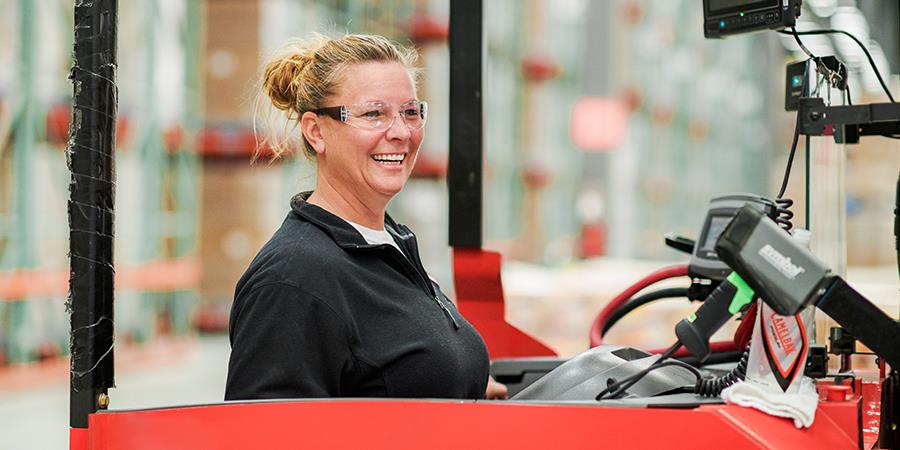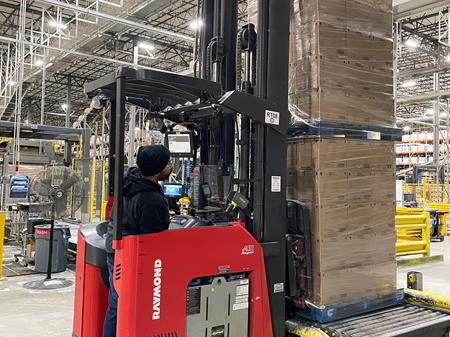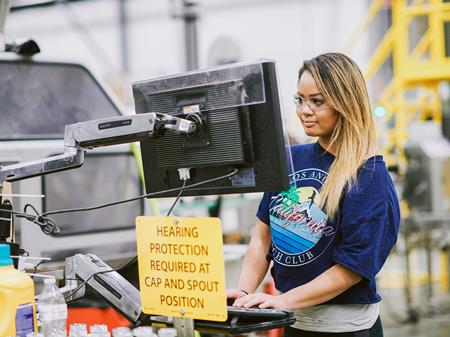The Different Jobs in Skilled Trades
Did you know there is currently a sizeable shortage of skilled trade workers in the United States manufacturing and construction sectors? There are a number of reasons for this, including:
- The current ratio of retirees to new hires in the manufacturing sector currently stands at 3:1.
- Covid-19 adding to this ‘great resignation’ effect. Many older, ‘at-risk’ technicians nearing retirement age are deciding to leave work early to avoid contracting the virus in crowded working environments.
- The rise in automation creating a need for specialized roles to manage new manufacturing lines.
- An increased stigma towards skilled trades, created in part by the rise in the popularity and accessibility of digital marketing and other similar white-collar roles.
- A general lack of understanding and wider education about how rewarding (and, indeed, lucrative) skilled trade jobs can be.
While these factors may not be great for manufacturing businesses, the upside for workers seeking careers in skilled trades is that where there are shortages, there is, inevitably, increased opportunity.
In this post, we’ll help you take advantage of that opportunity – including explaining what skilled trade jobs are, discussing how you can go about pursuing a career in one, and outlining some of the specific types of skilled trade jobs open to those with the right skills and qualifications.
What are skilled trade jobs?

Skilled trade jobs are roles that require workers to have a detailed scientific knowledge of specialist subjects, together with the practical hands-on skills needed to solve specific (and often complex) industry problems. Often called technicians, skilled trade workers are some of the most well-paid and keenly-sought positions in many essential industries, from farming and agriculture through to transport, construction, manufacturing, and many more besides.
Pursuing careers in skilled trades
The ‘in’ to a career in a skilled trade is to get a relevant education – but that doesn’t necessarily mean a college degree. Indeed, working towards a skilled trade job can actually be both faster and more affordable than targeting a typical college-educated career role like a doctor, lawyer or marketing executive.
The upshot is that skilled trade jobs are both highly viable and attractive options for new graduates and sector switchers alike, with a wealth of openings out there for skilled and enthusiastic workers keen to roll up their sleeves and build a long and successful career.
But let’s say you do decide to go the skilled trade route. What kind of roles could a qualification enable you to do?
Five skilled trade jobs in demand:
There are many different types of skilled trade jobs. Below, we’ve picked five general roles that are relevant to our business here at Church & Dwight, giving you a glimpse into how technicians help us produce the products behind our world-renowned brands.
Manufacturing technician
A manufacturing technician’s primary responsibility is to operate manufacturing equipment and ensure it’s optimized to run as efficiently as possible. They also inspect and test finished products for flaws. Additionally, they report machinery breakdowns in a timely fashion, perform minor repairs, and keep maintenance logs of any machinery they need to fix during their shift – all while ensuring the work area is kept neat and in line with company safety protocols. An experienced manufacturing technician may also train in skills needed for other production positions and even help teach newer technicians the vagaries of the role.
Compounding technician or mechanic
Compounding technicians are responsible for ensuring potentially hazardous chemicals are mixed and blended in the right amounts in order to produce specific items like medicines, toiletries, cleaning products and more besides. The role can frequently be found in the pharmaceutical world, but in manufacturing is often labelled as a compounding mechanic. Whichever label you give the role, a compounding technician/mechanic will also often need to take delivery of chemicals and ensure correct documentation is filled and filed, along with overseeing safe measures for moving and storing the material in compliance with industry safety standards.
Maintenance technician
A maintenance technician keeps a manufacturing space running by servicing and maintaining the production equipment that the factory or distribution center needs to run smoothly and efficiently and meet its quotas. Maintenance technicians will also regularly inspect and assess the functionality of production machines, troubleshoot mechanical breakdowns, and make adjustments to mechanical parts using hand and machine tools. Additionally, at Church & Dwight, our maintenance technicians also train technical line operators, coordinate changeover requirements between departments, and ensure continuity of inventory management systems so that inventory is tracked during downtimes.
Electrician
Electricians at Church & Dwight are responsible for troubleshooting, training, repairing and maintaining electrical and PLC components of production lines, facilities, equipment, power systems, and more in our fast-paced, high-volume manufacturing and distribution facilities. As such, electricians are essential in finding the root cause of power outages, assessing, solving and keeping downtimes to the absolute minimum – thus ensuring our sites stay as productive as possible.
Industrial mechanic
Industrial mechanics (otherwise known as maintenance mechanics) regularly inspect, diagnose problems and fix equipment in factories, distribution centers and other large-scale industrial facilities. They play a vital role ensure a company's manufacturing, processing and other logistical functions remain productive and work as efficiently as possible. While that might sound very similar on the surface to a maintenance technician, in reality there are some distinct differences. Maintenance technicians are generally adept at maintaining certain systems and addressing specific problems, while an industrial mechanic is able to diagnose and fix a far wider array of issues – often in a shorter time period owing to their more specialized knowledge.
Looking for a skilled trade job near you?
So those are five different types of skilled trade jobs – but it’s worth noting that there are many, many more for enthusiastic and professional would-be technicians.
Here at Church & Dwight we’re always looking for skilled, driven and responsible workers to help improve our operational efficiency – both in our manufacturing plants and our distribution centers.
If you’re looking for your next skilled trade job and you’d love to work for us, we’d love to hear from you. Start by visiting our operations team page to learn more about our ops business, and browse our full list of skilled trade jobs to find your ideal role.




